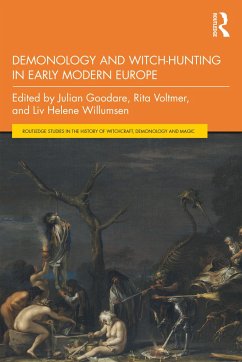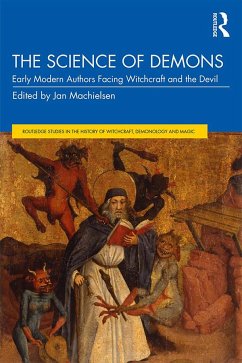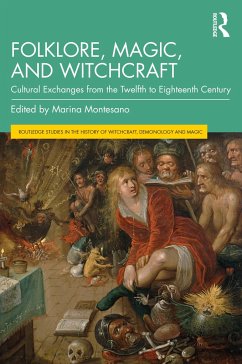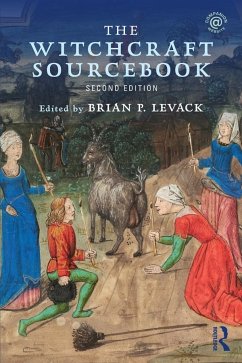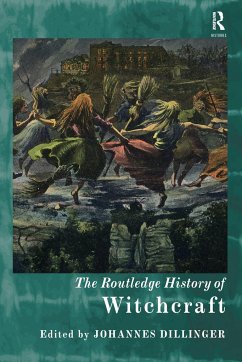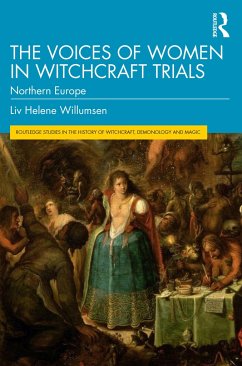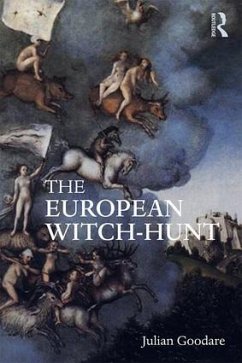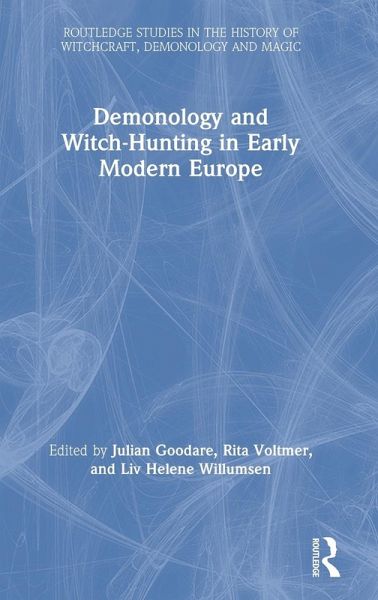
Demonology and Witch-Hunting in Early Modern Europe
Versandkostenfrei!
Versandfertig in 1-2 Wochen
168,99 €
inkl. MwSt.
Weitere Ausgaben:

PAYBACK Punkte
84 °P sammeln!
Demonology â the intellectual study of demons and their powers â contributed to the prosecution of thousands of witches. With recent scholarship having abandoned the link between the two fields, this volume reconnects our understandings of demonology and witch-hunting.




